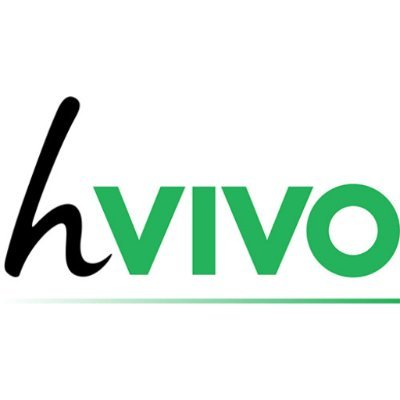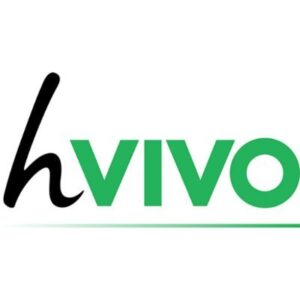Airway epithelial cells cultured in Air–Liquid Interface (ALI) conditions provide an environment that closely resembles the human airway system. This method facilitates improved oxygen availability and supports cellular differentiation, replicating the physiological conditions of the human respiratory tract. Such an approach is particularly useful for toxicity screening, drug transport research, and investigating molecular pathways, offering valuable insights that are crucial for preclinical studies.
Human Challenge Studies, on the other hand, play a critical role in understanding how viruses interact with the human body. They offer detailed information about immune mechanisms and provide essential data on investigational medicinal products. These studies help to determine the mechanism of action, the optimal dosage, and the most effective dosing regimen. The findings from these studies are often foundational for the design and implementation of more advanced clinical trials, such as Phase IIb and Phase III.
By linking ALI models with Human Challenge Studies, researchers can use the results from the ALI experiments to refine key aspects of human trials. ALI data can help establish the appropriate dose for use in these studies and assist in determining the optimal timing for sampling, ultimately improving the accuracy and efficiency of clinical research.
The integration of ALI conditions with Human Challenge Studies provides a promising approach to streamline drug development, offering a more precise means of studying viral interactions and therapeutic responses.
hVIVO plc (formerly Open Orphan plc), led by Cathal Friel, is a rapidly growing specialist contract research organisation (CRO) and the world leader in testing infectious and respiratory disease vaccines and antivirals using human challenge clinical trials, providing end-to-end early clinical development services for its broad and long-standing client base of biopharma companies.


